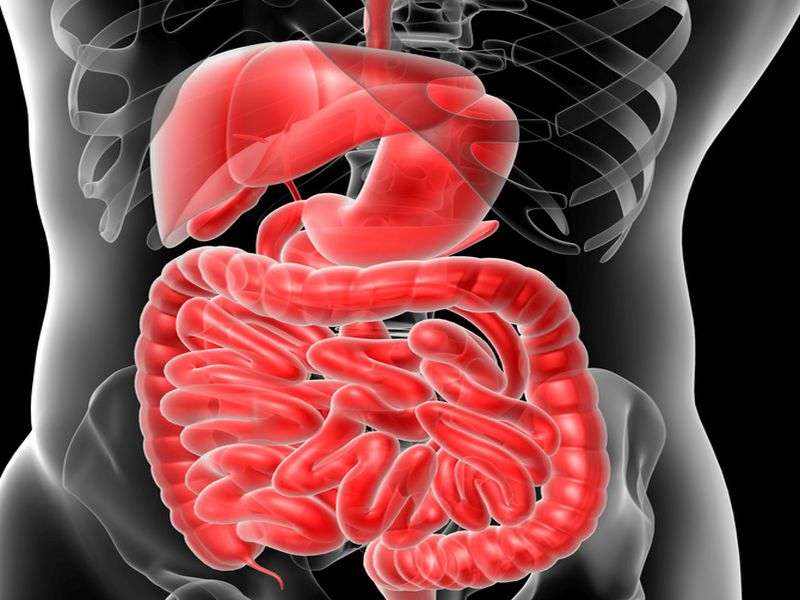Enhanced recovery protocol ups outcomes in colon, rectal Sx

(HealthDay)—For patients undergoing colon and rectal surgery, an enhanced recovery protocol (ERP) is associated with improved outcomes, according to clinical practice guidelines published in the August issue of Diseases of the Colon & Rectum.
Joseph C. Carmichael, M.D., from the University of California, Irvine School of Medicine, and colleagues from the American Society of Colon and Rectal Surgeons and the Society of American Gastrointestinal and Endoscopic Surgeons used the best available evidence to develop guidelines on enhanced recovery after colon and rectal surgery.
The researchers note that an ERP, which is a set of standardized perioperative procedures and practices, is associated with a reduction in overall complications, length of stay, and health care costs, and an improvement in patient satisfaction. Improved outcomes are seen in association with ERPs, regardless of whether patients undergo laparoscopic or open surgery. In order to continue to improve quality, ERPs require a continued audit process. Based on one retrospective review of eight years of compliance, the strongest predictors of shorter length of stay were identified as no nasogastric tube, early mobilization, early oral nutrition, early removal of epidural and urinary catheter, and nonopioid analgesia.
"The ultimate judgment regarding the propriety of any specific procedure must be made by the physician in light of all of the circumstances presented by the individual patient," the authors write.
Several authors disclosed financial ties to the pharmaceutical industry.
More information: Abstract/Full Text
Copyright © 2017 HealthDay. All rights reserved.


















